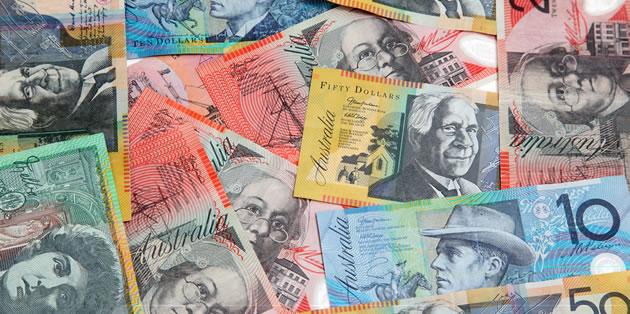Euro Australian Dollar (EUR/AUD) Exchange Rate Muted as Eurozone PMIs Disappoint
The Euro Australian Dollar (EUR/AUD) exchange rate was left muted as Christine Lagarde gave her first speech as head of the Eurozone’s central bank, leaving the pairing trading at around AU$1.6276.
On Friday, markets remained unmoved by European Central Bank (ECB) President Christine Lagarde’s first policy speech.
In her debut speech at the European Banking Conference, ECB President Lagarde stated:
‘Ongoing trade tensions and geopolitical uncertainties are contributing to a slowdown in world trade growth, which has more than halved since last year. This has in turn depressed global growth to its lowest level since the great financial crisis.
Meanwhile, the Euro was left under pressure after flash Eurozone PMI data fell short of expectations.
Separate German flash PMIs revealed that business activity in the bloc’s largest economy remained subdued.
Despite the PMI composite rising for the second month in a row, November’s reading still posted below 50, at 49.2.
This left EUR under pressure as it was one of the lowest readings in six-and-a-half years.
Commenting on this morning’s data, Phil Smith, Principal Economist for Markit stated:
‘While still showing a degree of resilience, the service sector is growing only modestly and at its slowest rate in over three years. By contrast, manufacturing remains firmly in contraction, but many of the indicators here are at least moving in the right direction and it would seem the worst of the downturn is over barring any shocks.’
Australian Dollar (AUD) Flat as Xi’s Comments Fail to Boost Risk Appetite
The Australian Dollar was left largely muted on Friday as currencies traded in tight ranges after mixed messages on the progress of a US-China ‘phase one’ deal.
After a week of mixed signals on the likelihood of a deal being signed this year, today’s news did little to move markets or provide a significant boost to risk appetite.
On Friday, Chinese Premier Xi Jinping said that the country wanted to work towards a deal with the US.
This slightly boosted risk appetite, and speaking to representatives of an international forum, the Chinese leader stated:
‘We want to work for a ‘phase one’ agreement on the basis of mutual respect and equality.
‘When necessary we will fight back, but we have been working actively to try not to have a trade war. We did not initiate this trade war and this is not something we want.’
Euro Australian Dollar Outlook: Will Strong German Business Buoy EUR?
Looking ahead, the Euro (EUR) could rise against the Australian Dollar (AUD) following the release of Germany’s business climate data.
If Ifo reveal that business climate rises higher than expected in November, the single currency will rise.
Meanwhile, US-China trade tensions are likely to cause movement in ‘Aussie’ exchange rates over the course of the week.
If reports suggest the likelihood of a ‘phase one’ trade deal being signed continues to remain low, it is likely the Euro Australian Dollar (EUR/AUD) exchange rate will edge higher.



